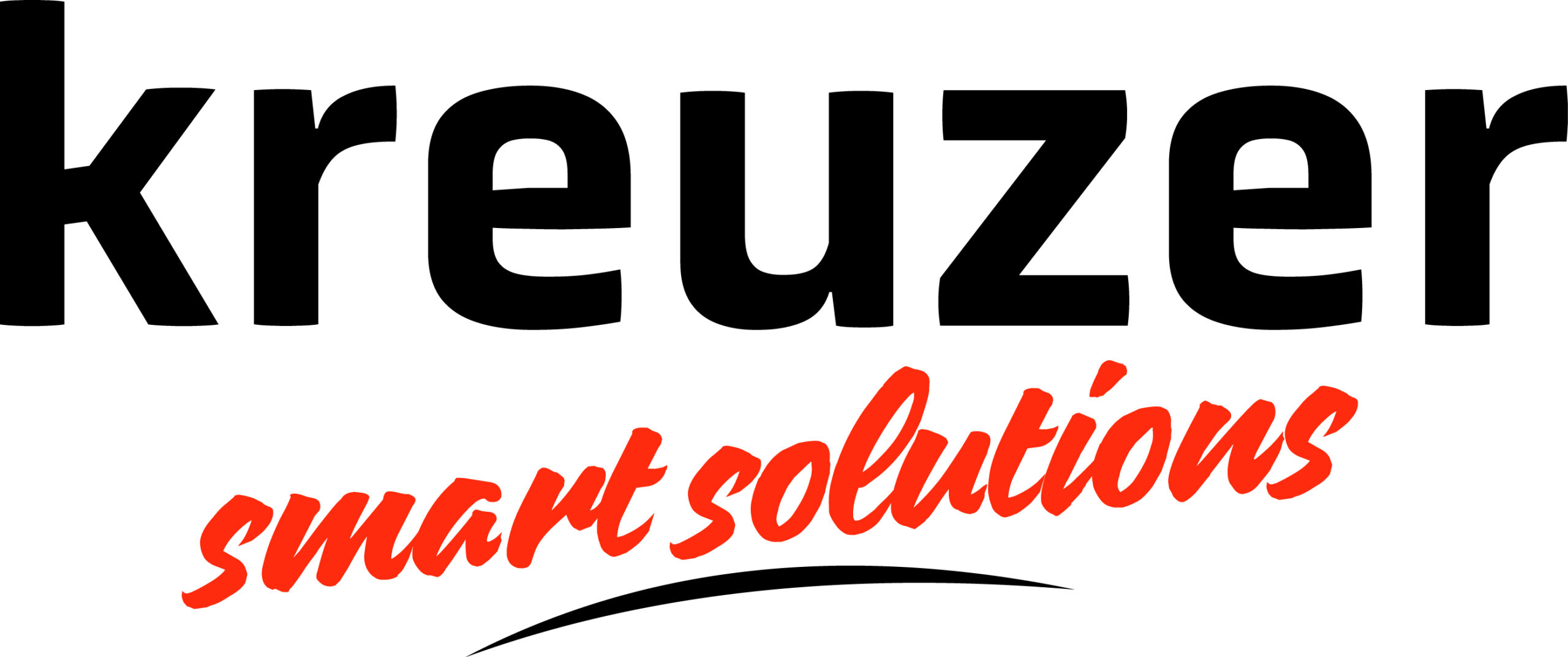Home Assistant: The Future of Smart Homes
Home Assistant is one of the most powerful open-source platforms for controlling and automating smart home devices. In a time when smart home technologies are becoming increasingly widespread, Home Assistant offers a flexible and privacy-friendly solution to centrally manage devices from various manufacturers. But what specific advantages does using this platform bring?
1. Independence and Privacy
One of the biggest advantages of Home Assistant is its independence from commercial cloud services. The software runs locally on a server or a single-board computer like the Raspberry Pi, ensuring that all data remains within the user’s network. This means:
- Maximum data security, as no sensitive information is sent to external servers.
- No dependence on cloud services, which might be discontinued or become chargeable.
- Higher speed, since automations are processed directly on the local hardware.
2. Compatibility with a Wide Range of Devices
Home Assistant supports thousands of devices and integrations, from well-known manufacturers like Philips Hue, Sonos, and IKEA TRÅDFRI to open-source protocols such as Zigbee, Z-Wave, and MQTT. This allows the system to act as a universal control center for different technologies.
Some examples of compatible devices:
- Lighting (e.g., Philips Hue, LIFX, Shelly)
- Heating & climate control (e.g., Tado, Netatmo, Homematic IP)
- Security systems (e.g., Ring, Reolink, Unifi Protect)
- Voice assistants (e.g., Amazon Alexa, Google Assistant, Apple Siri via HomeKit)
3. Powerful Automations
Home Assistant enables the creation of complex automations that go far beyond simple “if-then” rules. Thanks to YAML-based configuration and a modern GUI, it is possible to define scenarios with multiple conditions and triggers.
Example: The blinds lower automatically when the sun sets, but only if no window is open and the outside temperature is below 25°C.
4. Customizability and Expandability
Home Assistant is highly customizable. Users can design the dashboard according to their preferences and create their own add-ons or integrations. Additionally, there is an active community that regularly develops new features and extensions.
5. Cost Savings
Since Home Assistant does not require monthly subscription fees and can run on inexpensive hardware, it is an economical alternative to proprietary smart home hubs, which often come with ongoing costs.
6. Future-Proofing
As an open-source platform, Home Assistant remains independent of corporate business strategies. Regular updates and an active developer community ensure that the system is continuously improved and adapted to new standards.
Conclusion
Home Assistant offers a future-proof, flexible, and privacy-friendly solution for those who want to design and control their smart home themselves. Whether for simple automations or complex smart home scenarios – Home Assistant allows almost all wishes to be realized without being tied to a specific provider. Anyone who wants maximum control over their smart home will hardly be able to overlook this platform.
Do you need planning, installation or help with an existing system?
Please do not hesitate to contact us:
